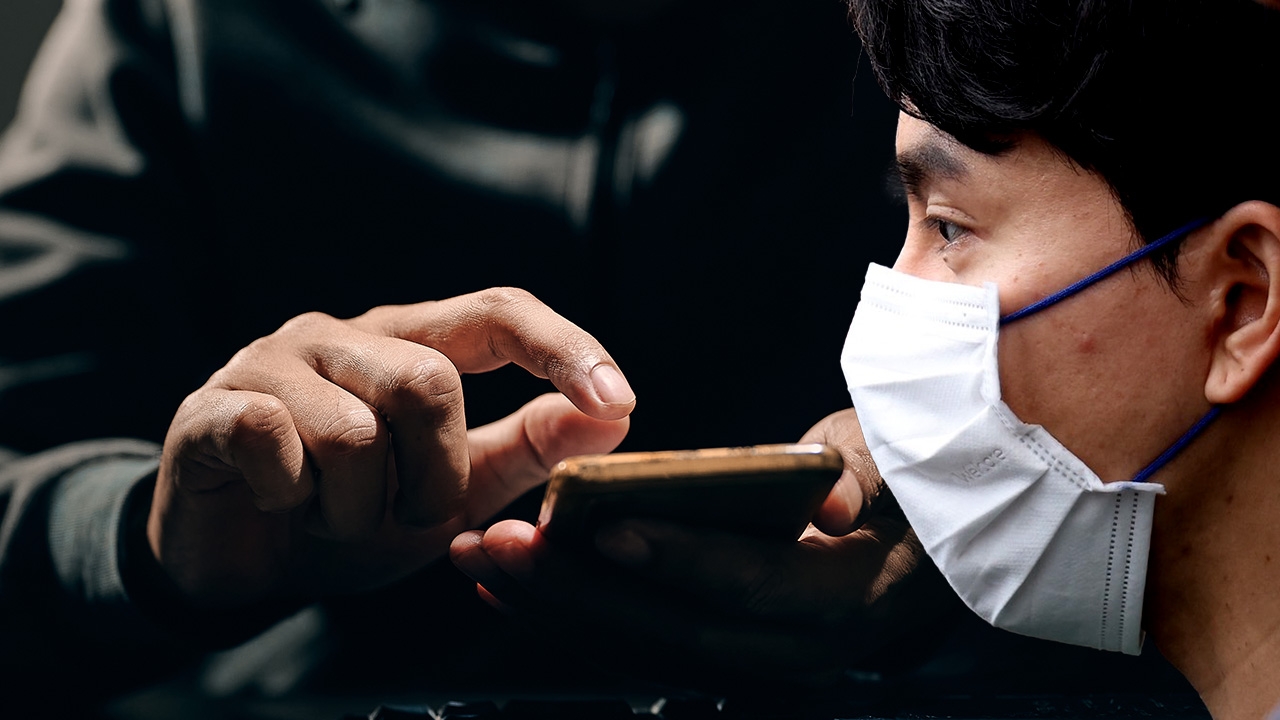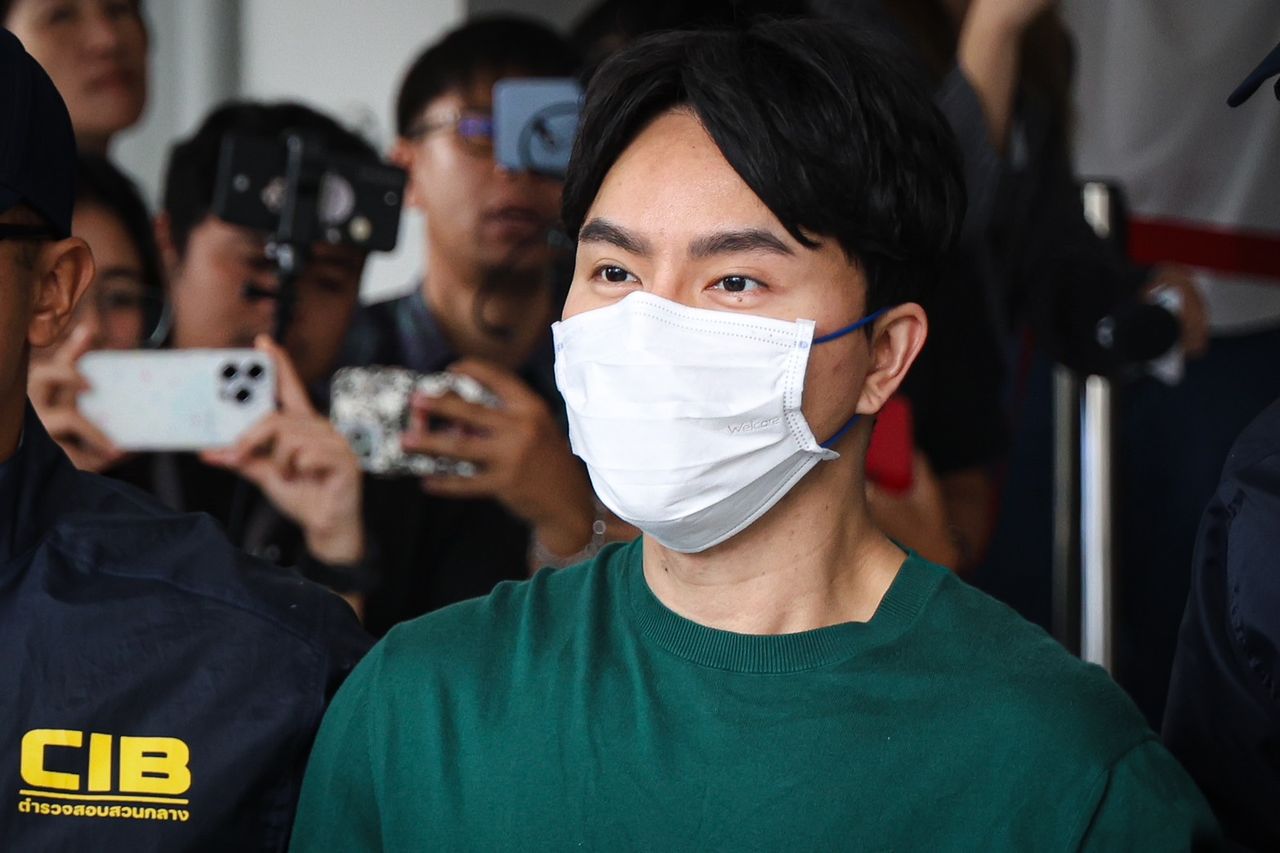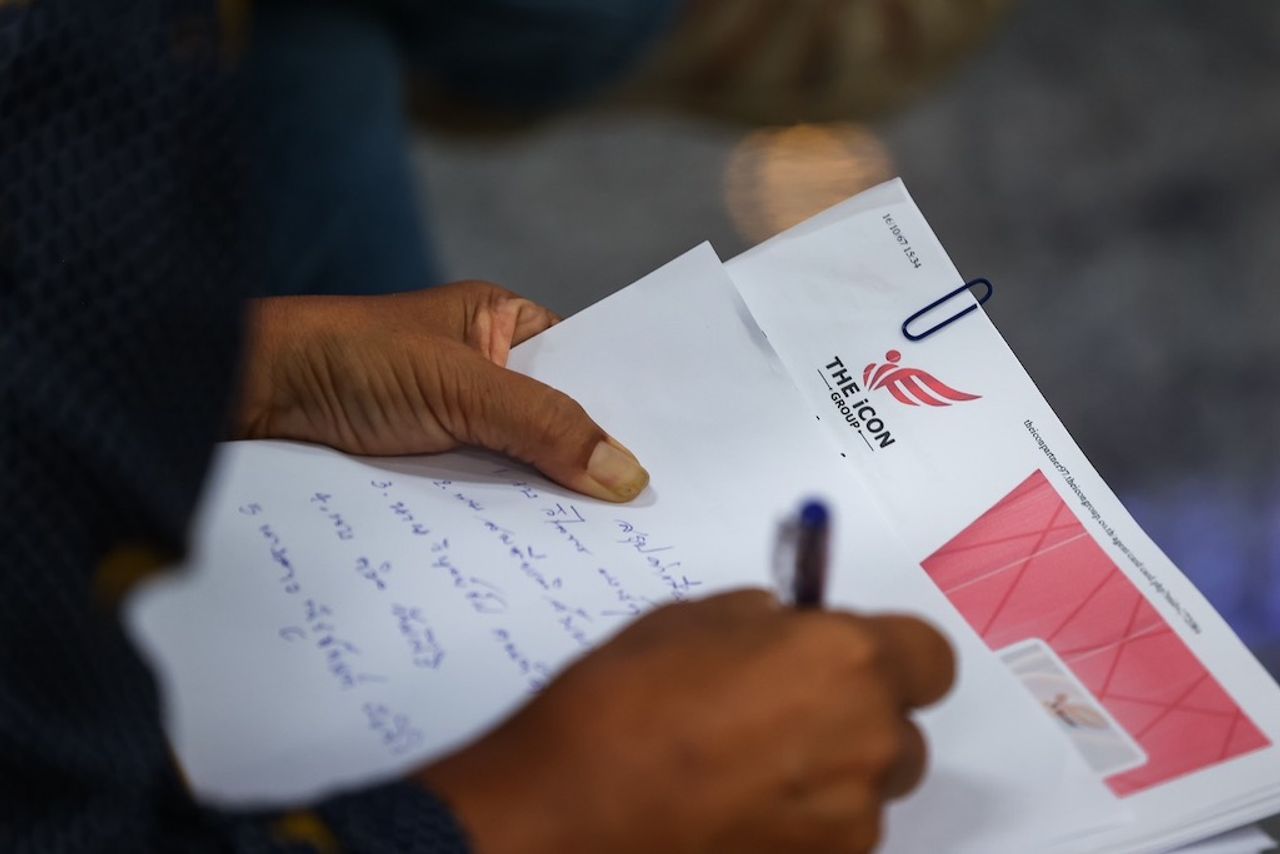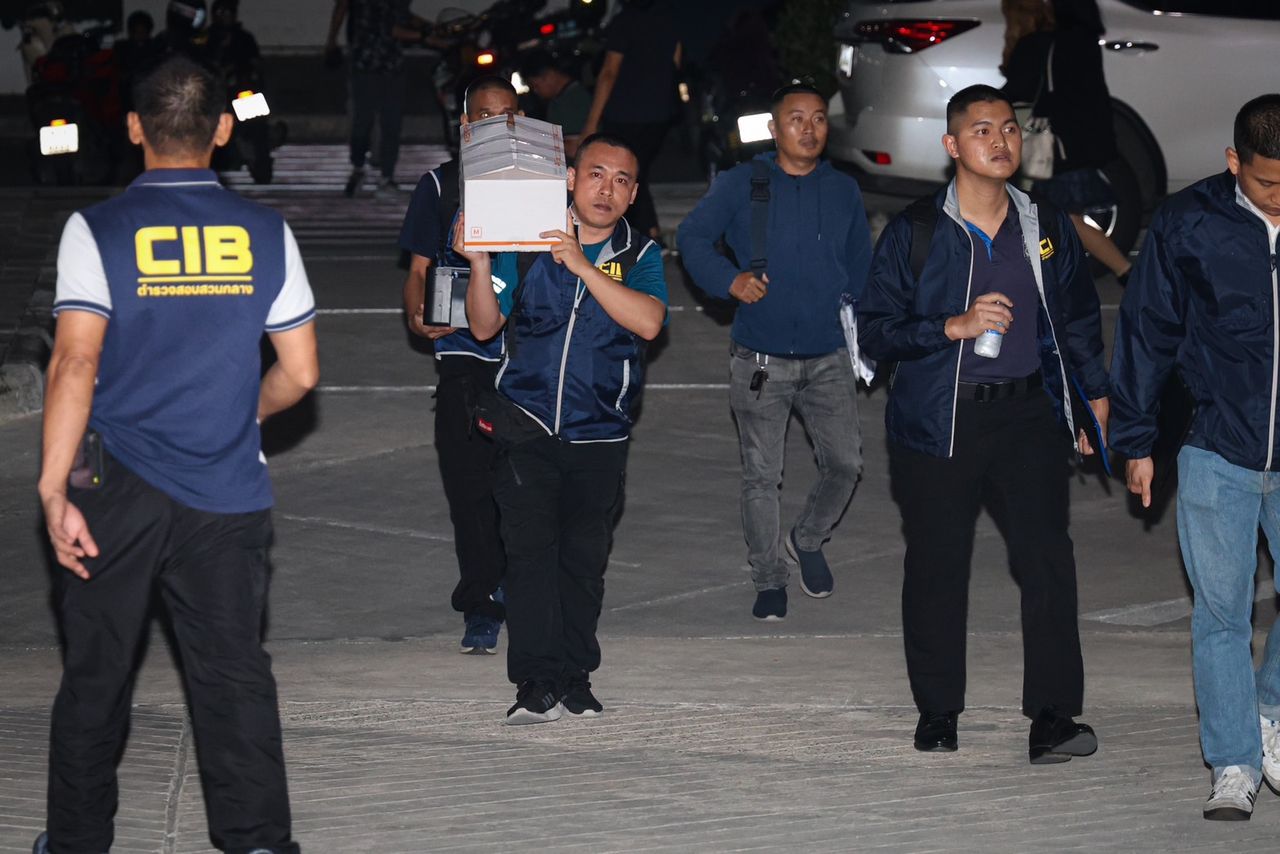
Following the revelation by the lawyer of “Boss Paul” regarding a scheme involving “extortionists,” claims have emerged claiming the existence of crucial audio evidence where payments are solicited to aid legal cases. Lawyer Koetphol argues that these extortionists include both rogue government officials and private intermediaries, making them hard to tackle since both parties are complicit.
The case surrounding “The Icon” has garnered extensive attention, spanning from politicians to local community members. Despite the detention of “Boss Paul” along with 18 other figures, recordings have been released indicating solicitors demanding 10 million baht. Additionally, previous recordings suggested that various politicians have sought money, with over 80 individuals participating in extortion demanding amounts up to 20 million baht.

The audio recording allegedly features “Boss Paul” secretly recording conversations by concealing a device in his pants pocket, indicative of a possible “double scheme.”
Lawyer Koetphol shared insights about extortionists offering legal assistance, noting that these cases often involve significant financial stakes, where individuals engaging in wrongdoing might have hidden interests linked to corrupt officials.
If officials operate transparently, they would not have to engage in bribery. The “Diakon” case, if proven fraudulent, raises questions as to why wrongdoing persisted for 6-7 years despite numerous victims, suggesting possible complicity or negligence among authorities.

In some instances, extortionists might receive alerts from authorities about potential corporate wrongdoing, leading them to approach wrongdoers directly, leveraging connections with influential figures.
Notably, some extortionists have previously benefited from those committing wrongdoings, indicating that those paying are likely aware of their own legal breaches and seek to resolve matters quietly.
The claim by Boss Paul’s lawyer that 80 individuals solicited money also raises suspicion regarding the extent of wrongdoing, as typically, one would not permit such extensive extortion without being culpable.
Extortionists predominantly target wealthy individuals aiming to avoid legal repercussions or damage to their reputations, yet in certain instances, even wealthy individuals may not succumb if they are well-equipped with knowledgeable legal representation.

Extortionists Divided into Private and Government Groups
Koetphol mentioned that extortionists are mainly divided into private groups and government officials, particularly politicians who either confront wrongdoers directly or utilize intermediaries. Those presenting evidence need to undergo rigorous checks, while many intermediaries complicate attempts to trace responsibility.
While private individuals might not have formal investigative roles, they facilitate bribery, and failure to ensure that funds reach authorities could lead to legal challenges for those extorted.

Tackling extortion remains a significant challenge in Thai society, as this issue often thrives on the collusion between extortionists and wrongdoers who exploit fear of legal consequences. As long as there are individuals breaking the law, extortionists will persist.
Preventing extortion can be achieved by maintaining lawful conduct, refraining from negotiation with extortionists, and seeking advice from knowledgeable legal professionals if uncertainty arises. Engaging in unlawful behavior may position individuals as targets for extortion.
This article was rewritten from a Thairath’s news article.





